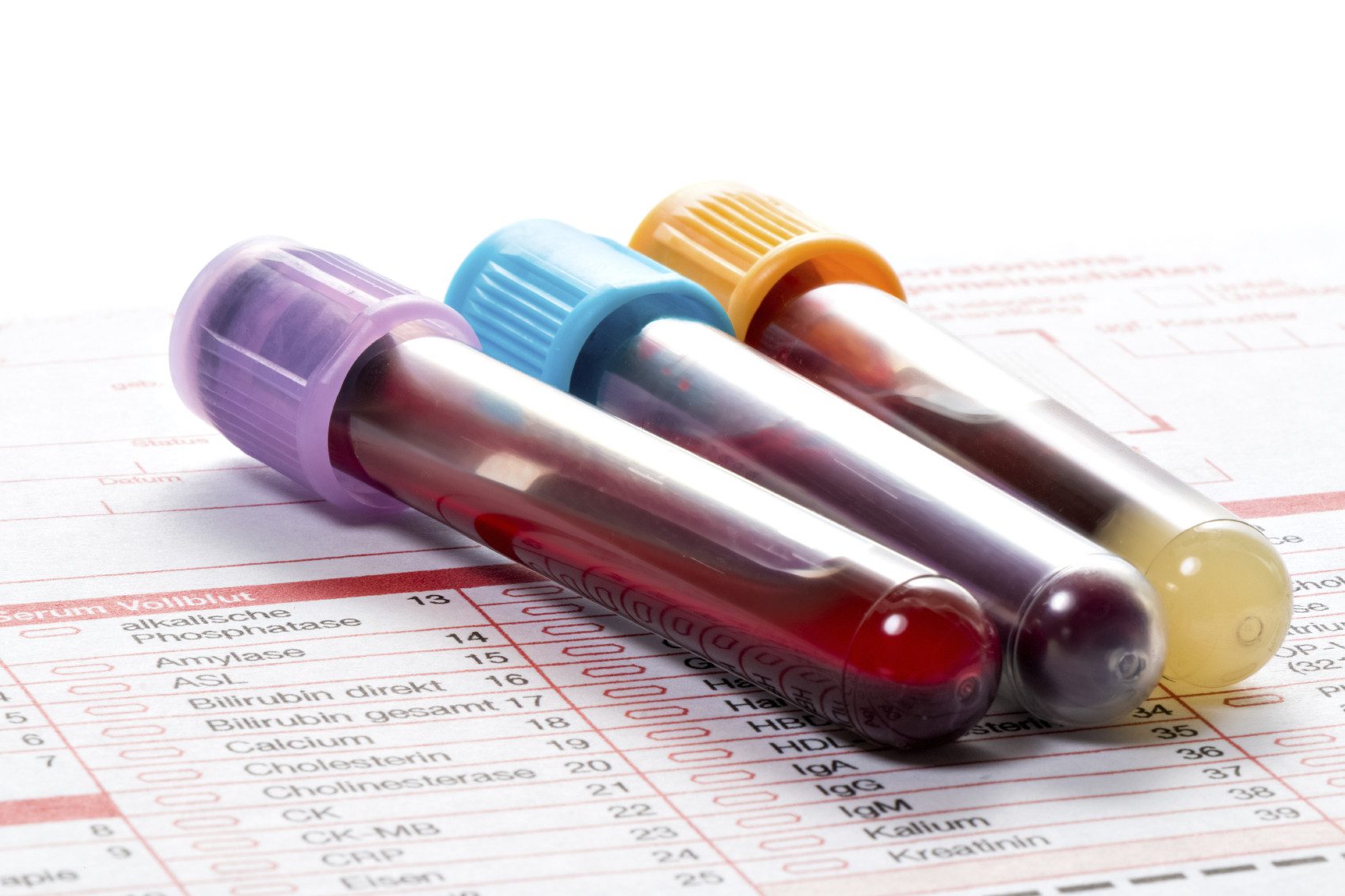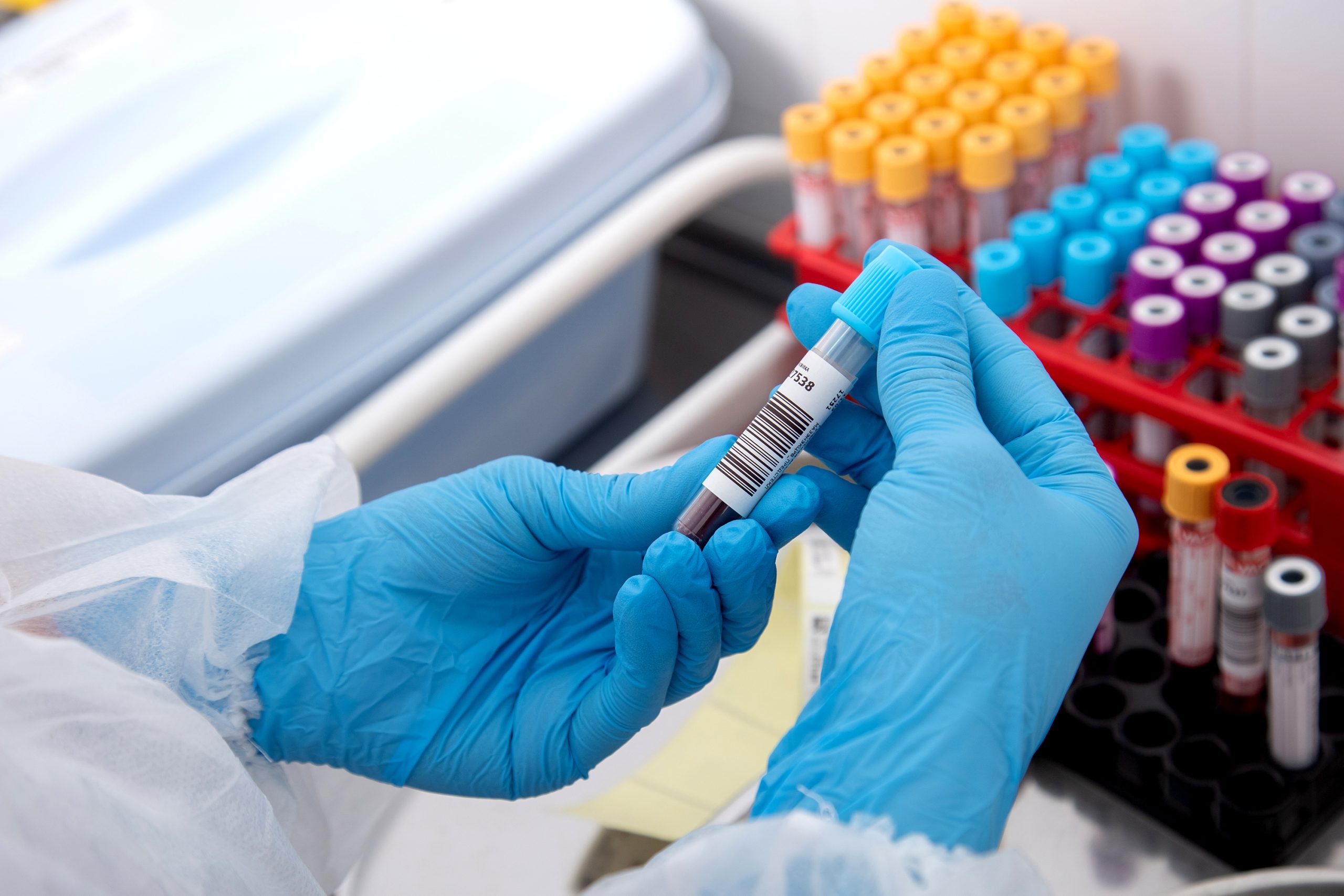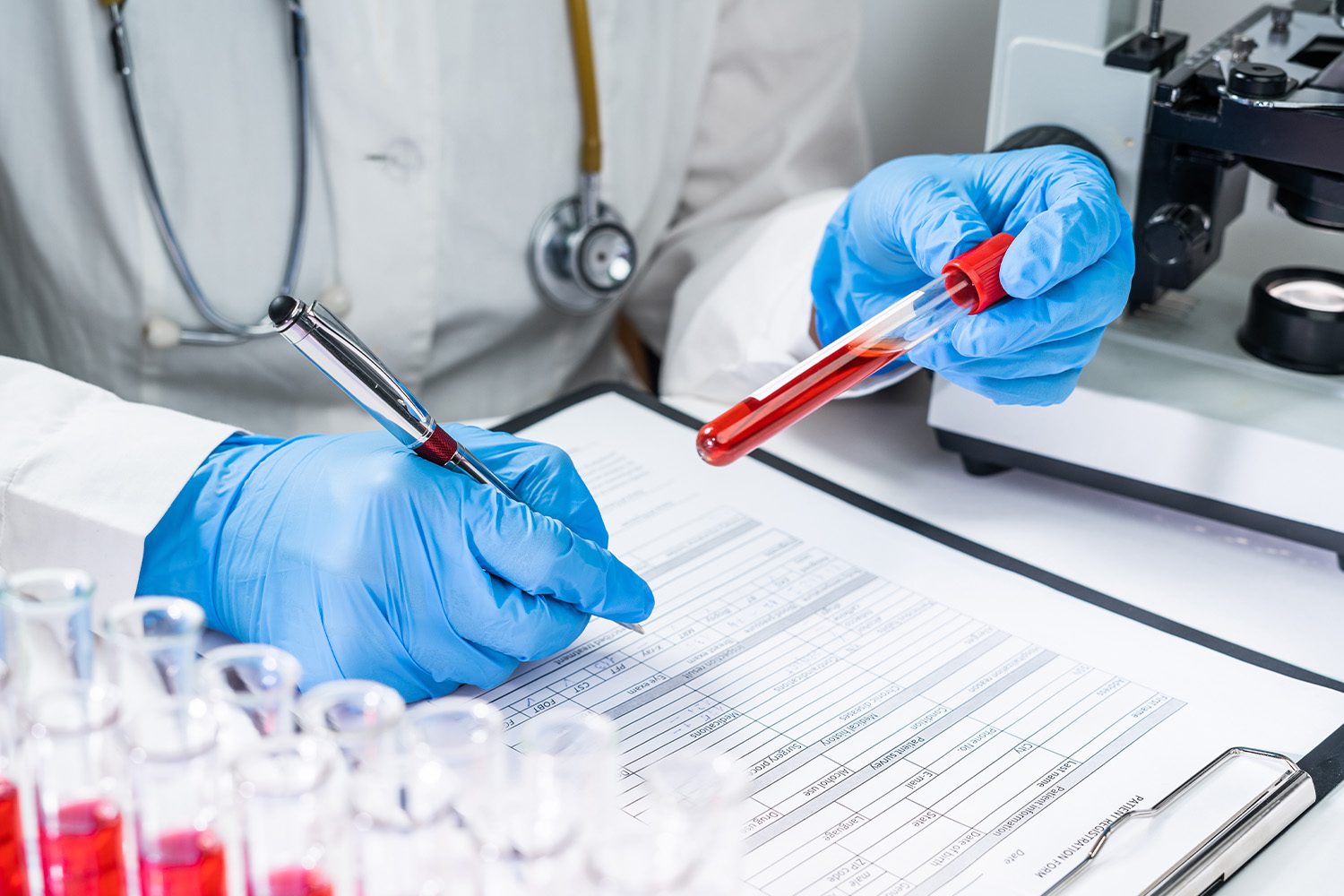Blood work, also known as blood tests or blood panels, is a vital tool in modern medicine that provides a wealth of information about a person’s health. By analyzing a small sample of blood, healthcare providers can assess various aspects of a patient’s well-being. In this article, we’ll explore the extensive range of health markers and conditions that can be tested through blood work, emphasizing the importance of these tests in diagnosing, monitoring, and preventing diseases.
Complete Blood Count (CBC): A Complete Blood Count measures the quantity and quality of different types of blood cells. It includes:
- Red Blood Cells (RBC): Assessing RBC count, hemoglobin, and hematocrit helps diagnose anemia and other blood disorders.
- White Blood Cells (WBC): Elevated WBC count may indicate infection, inflammation, or certain cancers.
- Platelets: Platelet count assesses the blood’s ability to clot and can help diagnose bleeding disorders.
Blood Chemistry Panel: This panel evaluates various chemicals and substances in the blood, offering insights into organ function, metabolism, and overall health. Components include:
- Electrolytes: Sodium, potassium, and calcium levels indicate electrolyte balance and help assess heart, muscle, and nerve function.
- Glucose: Blood sugar levels are critical for diagnosing diabetes and monitoring glucose control.
- Liver Enzymes: AST and ALT levels can detect liver disease or damage.
- Kidney Function: Creatinine and BUN levels assess kidney function and can identify kidney disease.
Lipid Profile: A Lipid Profile assesses cholesterol levels, including:
- HDL (High-Density Lipoprotein): Often called “good” cholesterol, higher levels reduce heart disease risk.
- LDL (Low-Density Lipoprotein): Elevated LDL levels increase the risk of heart disease.
- Triglycerides: High triglyceride levels can indicate metabolic disorders and cardiovascular risk.
Thyroid Function Tests: These tests measure thyroid hormones (T3, T4) and Thyroid-Stimulating Hormone (TSH), helping diagnose thyroid disorders, including hypothyroidism and hyperthyroidism.
Coagulation Panel: A Coagulation Panel assesses blood clotting factors, such as prothrombin time (PT) and activated partial thromboplastin time (aPTT). It’s essential for diagnosing bleeding disorders and monitoring anticoagulant therapy.
Inflammatory Markers: Tests like C-reactive protein (CRP) and erythrocyte sedimentation rate (ESR) measure inflammation levels. Elevated markers can signal infection, autoimmune diseases, or chronic inflammatory conditions.
 Allergen-Specific IgE Testing: This testing helps identify specific allergies by measuring the presence of allergen-specific antibodies (IgE) in the blood.
Allergen-Specific IgE Testing: This testing helps identify specific allergies by measuring the presence of allergen-specific antibodies (IgE) in the blood.
Hormone Levels: Blood work can evaluate hormone levels, including testosterone, estrogen, progesterone, and others, to diagnose hormonal imbalances and conditions like polycystic ovary syndrome (PCOS).
Iron Studies: These tests assess iron levels, transferrin, and ferritin to diagnose iron-deficiency anemia and other iron-related disorders.
Tumor Markers: Blood work can detect certain tumor markers like PSA (Prostate-Specific Antigen) for prostate cancer or CA-125 for ovarian cancer, aiding in cancer diagnosis and monitoring.
Blood work is an invaluable tool in healthcare, offering a wide range of diagnostic insights. It plays a pivotal role in diagnosing conditions, monitoring treatment effectiveness, and assessing overall health. Routine blood tests are crucial for early disease detection and prevention, allowing healthcare providers to develop personalized treatment plans and preventive strategies. By understanding the extensive array of health markers and conditions that can be tested through blood work, individuals can actively engage in their healthcare, ultimately contributing to better well-being and a higher quality of life.



 Blood work typically includes the assessment of various components, each serving a specific purpose:
Blood work typically includes the assessment of various components, each serving a specific purpose: Regular blood work is of paramount importance for several reasons. Firstly, it serves as a crucial diagnostic tool that allows healthcare providers to monitor your overall health and detect medical conditions in their early stages. Many serious health issues, such as diabetes, high cholesterol, anemia, or kidney disease, may not exhibit noticeable symptoms initially. Blood work helps identify these conditions before they progress to more advanced and potentially harder-to-treat stages. Secondly, routine blood work aids in the prevention of diseases by assessing risk factors and monitoring changes in your health over time. It enables healthcare providers to develop personalized preventive strategies and lifestyle recommendations to keep you healthier and reduce the likelihood of developing chronic illnesses.
Regular blood work is of paramount importance for several reasons. Firstly, it serves as a crucial diagnostic tool that allows healthcare providers to monitor your overall health and detect medical conditions in their early stages. Many serious health issues, such as diabetes, high cholesterol, anemia, or kidney disease, may not exhibit noticeable symptoms initially. Blood work helps identify these conditions before they progress to more advanced and potentially harder-to-treat stages. Secondly, routine blood work aids in the prevention of diseases by assessing risk factors and monitoring changes in your health over time. It enables healthcare providers to develop personalized preventive strategies and lifestyle recommendations to keep you healthier and reduce the likelihood of developing chronic illnesses. Allergen-Specific IgE Testing: This testing helps identify specific allergies by measuring the presence of allergen-specific antibodies (IgE) in the blood.
Allergen-Specific IgE Testing: This testing helps identify specific allergies by measuring the presence of allergen-specific antibodies (IgE) in the blood.
